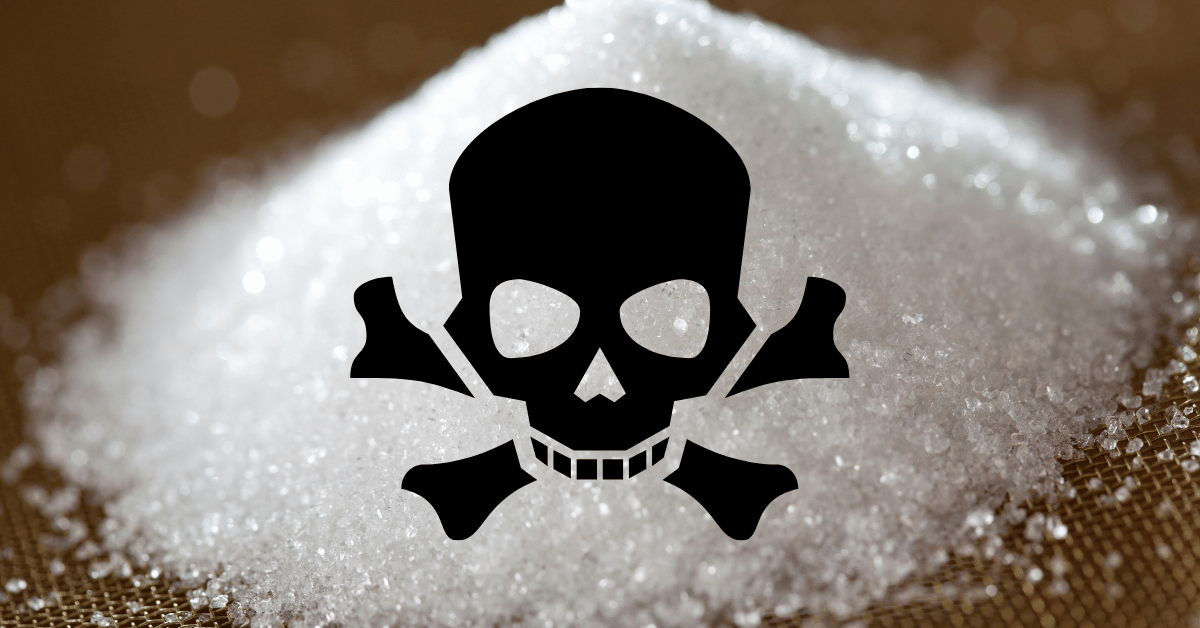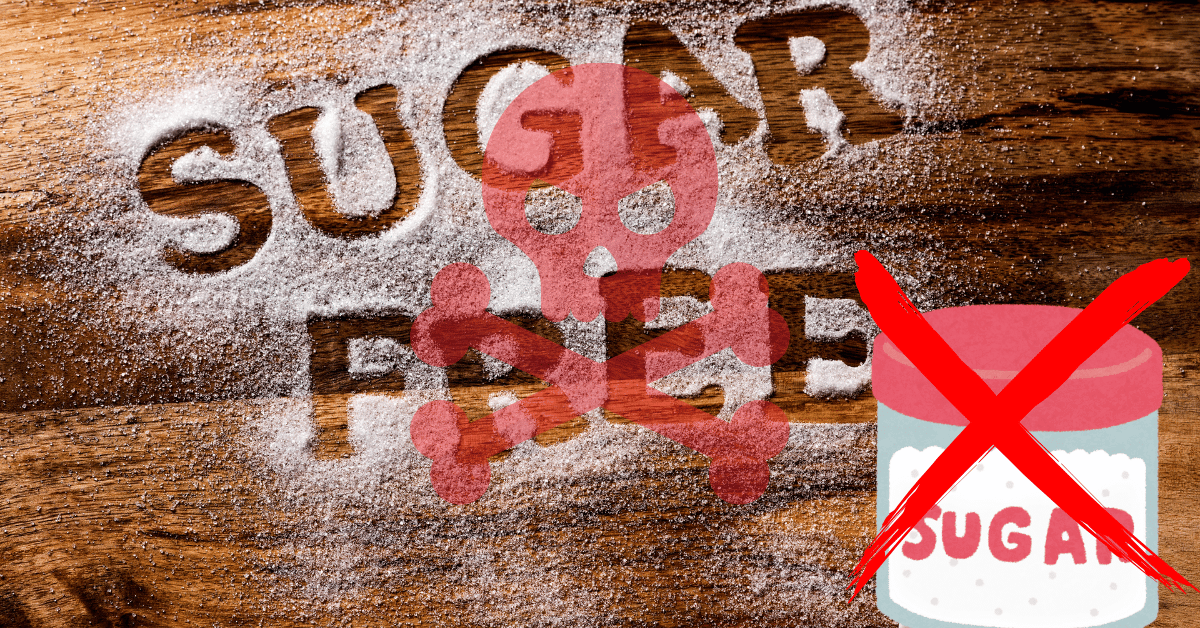In recent years, the debate about sugar’s role in our health has gained significant attention, and many experts are now asking whether sugar is as harmful as tobacco. While the idea might seem outlandish at first, growing research has begun to highlight sugar’s damaging effects on our bodies. From its role in obesity to its connection to type 2 diabetes, heart disease, and other chronic health issues, the potential dangers of sugar consumption cannot be ignored. In this post, we’ll delve into this controversial question and challenge the public’s current perception of sugar.
The Sugar and Tobacco Comparison
The comparison between sugar and tobacco is not as extreme as it may initially seem. For decades, tobacco was seen as a harmless product until research began revealing its devastating impact on health. Fast forward to today, and we now see sugar’s hidden effects. Like tobacco, sugar is addictive and has been linked to a wide array of chronic diseases. Both substances have been marketed aggressively, creating a culture of consumption that promotes long-term health risks.

The Growing Concerns About Sugar Consumption
1. Obesity Epidemic
Obesity rates are at an all-time high, with sugar being a significant contributor. High-fructose corn syrup and other added sugars have found their way into nearly every processed food and beverage. These sugars spike insulin levels, leading to fat storage and increasing the risk of obesity. Research shows that the consumption of sugary drinks, snacks, and processed foods contributes heavily to the rise in obesity, especially among children.
2. Type 2 Diabetes
One of the most alarming issues related to sugar consumption is its connection to type 2 diabetes. Excessive sugar intake leads to insulin resistance, where the body’s cells no longer respond properly to insulin. This not only causes high blood sugar levels but also puts a strain on the pancreas, which can lead to full-blown diabetes over time. Studies have shown that people who consume a diet high in sugar have an increased risk of developing type 2 diabetes.
3. Heart Disease
The link between sugar and heart disease is another growing concern. A high-sugar diet has been shown to increase the risk of hypertension, inflammation, and fat buildup around the heart. A study from the American Heart Association found that sugar-sweetened beverages are linked to a higher risk of heart disease, with sugary drinks being particularly harmful due to their high glycemic index and high fructose content.
The Addictiveness of Sugar
Much like tobacco, sugar is highly addictive. When we consume sugar, it triggers the brain’s reward system, releasing dopamine—the “feel-good” hormone. This creates a cycle where we crave more sugar to experience the same euphoric feeling, leading to overconsumption. In fact, studies have shown that sugar can be as addictive as cocaine in some individuals, with withdrawal symptoms like irritability, cravings, and fatigue. This addiction makes it incredibly difficult for people to reduce their sugar intake, despite knowing its harmful effects.
The Role of the Food Industry
Just as tobacco companies once spent billions marketing their products, the food industry has spent decades promoting sugary snacks and drinks. High-fructose corn syrup, a cheap and addictive sweetener, is now added to everything from breakfast cereals to sauces and even savory foods. This widespread use of sugar in food products has led to a normalization of sugar consumption, where it’s viewed as an essential part of everyday life. Much like tobacco, the sugar industry has been reluctant to fully acknowledge the long-term health risks associated with its products, instead focusing on misleading marketing and consumer education campaigns.
Is Sugar as Harmful as Cigarettes?
While sugar is undoubtedly harmful to our health, comparing it directly to tobacco is still a topic of debate. Cigarettes contain thousands of harmful chemicals, and even small amounts can cause immediate damage. However, sugar’s impact is insidious, developing over time as it contributes to chronic conditions like obesity, heart disease, and diabetes.
Moreover, unlike tobacco, which has been heavily regulated and taxed in many countries, sugar remains relatively unregulated. The government imposes cigarette taxes to discourage use, but sugar is often cheap and readily available, even in schools and healthcare settings.
What Can We Do About It?
1. Education and Awareness
Just like the anti-tobacco movement, it’s crucial that we educate people about the dangers of sugar. Schools, workplaces, and public health organizations should promote the risks of excessive sugar consumption and encourage healthier dietary habits.
2. Reducing Sugar in Processed Foods
The food industry plays a huge role in the sugar epidemic, and it’s time for manufacturers to take responsibility. By reducing added sugars in food products, reformulating recipes, and offering healthier alternatives, the food industry can help combat this public health crisis.
3. Government Intervention
Similar to the tobacco industry’s regulation, it may be time for governments to intervene. Implementing sugar taxes, limiting marketing to children, and mandating clearer food labeling could help curb excessive sugar consumption. Countries like Mexico and the UK have already taken steps in this direction by taxing sugary drinks to reduce consumption.
Finally,
Sugar’s role in our health is more damaging than we may have realized. While the comparison to tobacco might seem extreme at first, the addictive nature and long-term health consequences of sugar consumption are undeniably alarming. Just as society took a stand against smoking, we must raise awareness about sugar’s harmful effects and work toward creating a healthier environment for future generations. While it may not be as instantly lethal as cigarettes, sugar’s impact on our health is long-lasting and just as insidious. The time has come to reconsider our relationship with sugar, not just for our own well-being, but for the health of future generations.
also read this
BP Control Through Food, Yoga & Simple Lifestyle Tweaks
How to Sleep Better Naturally Without Pills
Gut Health Connection: How Your Stomach Affects Your Mood & Skin



